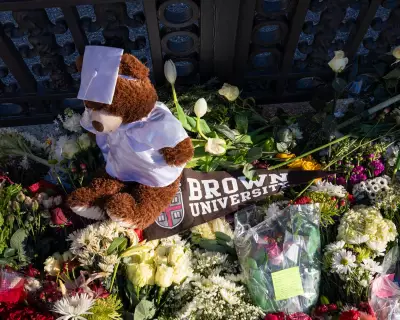
Acclaimed Irish novelist Sally Rooney has publicly declined a nomination for a prominent Israeli arts award, delivering a powerful political statement on the Israeli-Palestinian conflict.
The author of Normal People and Conversations with Friends was nominated for the €10,000 Aky Arts Award, an honour sponsored by the Israeli municipality of Acre. In a statement, Rooney clarified her refusal was a deliberate act of solidarity with the Palestinian-led Boycott, Divestment and Sanctions (BDS) movement.
'I must refuse this nomination,' Rooney stated, 'as an expression of solidarity with the Palestinian people in their struggle for freedom, justice, and equality.'
Her justification was unequivocal. The author cited what she described as Israel's 'system of racial domination and segregation against the Palestinian people' and drew parallels with the historical struggle against apartheid in South Africa.
A Principled Stand or Cultural Censorship?
Rooney's decision has reignited the fierce debate surrounding cultural boycotts. Supporters hail it as a morally consistent and necessary action to pressure Israel over its treatment of Palestinians. They argue that accepting such an award would normalise and legitimise the policies of the Israeli state.
Conversely, critics condemn the move as a form of cultural censorship that unfairly targets Israeli institutions and hinders dialogue. They argue that art and awards should remain apolitical, fostering connection rather than division.
Not Her First Foray into Political Boycotts
This is not Rooney's first engagement with the cultural boycott. In 2021, she declined to have her latest novel, Beautiful World, Where Are You, translated into Hebrew by an Israeli-based publishing house, citing the same BDS principles.
Her latest refusal ensures the contentious discussion around the role of artists in geopolitical conflicts will continue to dominate literary and political circles, proving that the pen can indeed be as mighty as the sword.





